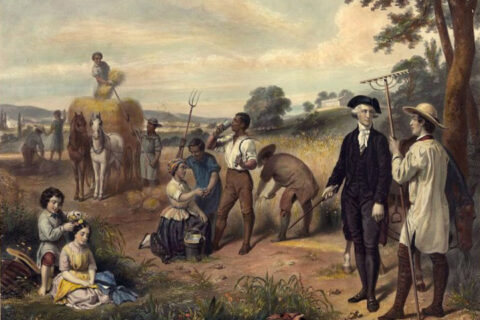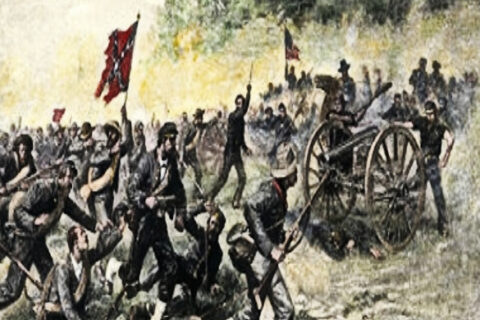Once in a lifetime a person may meet another individual that strikes up some primal feeling in them. A sense of passion and perseverance, or loyalty and honor. But, as time limps on, it only becomes more uncommon. What did the modern age give us, but a people who are consumed by greed and envy, constantly destroying their lives and bodies to sponsor the next global trend, or such a great divide from our people that, instead of rushing to the aid of an individual crippled by the rapidly growing opioid epidemic, we actively avoid them?
The hardest reality to accept is not that we’ll never see a true hero again, but that any attempt to correct this course is met with resistance, doxxing and personal injury threats to anyone with strict morals and a sense of rationality left. Those that try to inspire and preserve are lambasted by outsiders and painted as the greatest threat to society in their own communities. They lose jobs, friends and loved ones because they are advocating for something greater than our own selfish desires. They are pursuing a future so that our children may once again see the passion of man; perhaps our children may even witness true heroes again.
With his final breath, Francis Bartow is recorded as saying, “Boys, they have killed me, but never give up the field.” Bartow departed from his company for his final rest on July 21, 1861, in the hopes that they would carry on their mission for God, for their country and for their people. A Savannah, Georgia native, Colonel Francis Bartow traveled far from home and risked all for true freedom. And, even after being mortally wounded at the battle of Manassas, he still looked proudly upon the cause. Colonel Bartow was the first brigade commander to perish in the War of Northern Aggression, but certainly not the last. Many honest and inspiring men met their untimely death fighting to defend their people from an imperial force.
Francis S. Bartow was a man of great words, but his actions far exceeded his oratorical skills. A fervent secessionist, Bartow was one of many delegates to sign Georgia’s Ordinance of Secession, as well as, being instrumental in the retaking of Fort Pulaski. Bartow’s passion for his people knew no bounds and he became chairman of the Georgia Military Committee. Not content to just direct men to combat, Bartow took up arms with the 21st Oglethorpe Light Infantry, famously explaining, “After my public compelling to achieve it … I had pledged myself to meet all the consequences of secession. I am bound, therefore, in honor, and still more strongly by duty, to be among the foremost in accepting the bloody consequences which seem to threaten us.” and resigning from Congress in May to join the Confederate Army. He was soon promoted to colonel of the 8th Georgia Infantry.
Francis Bartow never saw the end of the war, but he went to his deathbed without regrets. Bartow didn’t want fame or glory; instead he wanted a future for his people, independent of an untamed ruler and the freedom to choose the society in which they lived. Though not the last to perish in the attempt to protect a country from the path it’s currently on, his was a devastating loss early on in the war and was surely felt in the hearts and spirits of any who had marched with him, was present during an empowered speech or rallied behind as he traveled to his final resting place.
The age of great men is not forever lost, but its flame is certainly fading. Instead of fighting for honor and passion, others are fighting for fame and status. Southern Nationalists are above such behavior and we need to look to the men who gave their lives for the South and not ever seek to be above those who stand with us. Now, more than ever, we need to emulate the spirit and passion of Francis S. Bartow. And though we may never stand in his shadow, we should make damn sure that we are company he would be proud to march with.





Thank you for writing this, Patrick. My great great grandfather, born at the end of the War of Northern Agression, was named Francis Bartow ( redacted Scots-Irish surname). He was from coastal Georgia as well. Thanks to you I now know how he got his name. Great article.